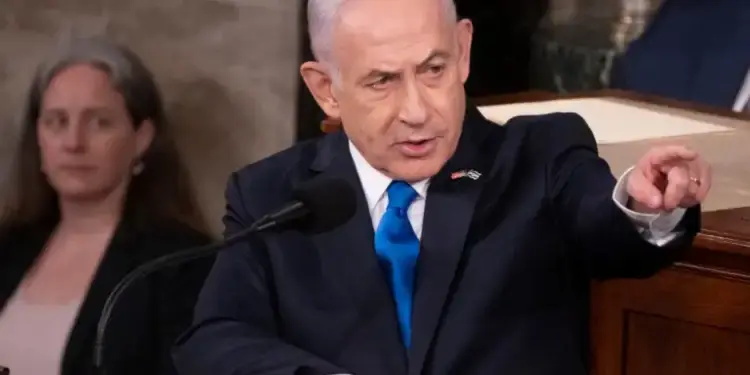France is at the heart of diplomatic controversy after its position on the arrest warrants issued by the International Criminal Court (ICC) against Benjamin Netanyahu and Yoav Gallant.
While Israel commits a genocide in Gaza, France justified its refusal to support the execution of these mandates by invoking the immunity of Israeli officials, due to the fact that Israel is not signatory to the status of Rome, the founding treaty of the ICC. This position has raised criticism, especially from international organizations such as Human Rights Watch and Amnesty International, who consider Paris to interpret the international rules in matters of justice.
This approach is part of a delicate diplomatic context, while France, while maintaining its relations with Israel, is also involved in negotiations for a cease-fire in the Middle East. This double game highlights the complexity of international relations, where France seeks to balance its commitments in matters of international law and its geopolitical interests.
In a similar context, British Foreign Secretary David Lammy recently said that he would continue his discussions with Benjamin Netanyahu despite the arrest warrant issued by the ICC. Lammy said he would respect the order of arrest if Netanyahu went to Great Britain, stressing that he would have no choice but to comply with the court’s decision. However, he insisted that he would continue to dialogue with the Israeli Prime Minister and other Israeli officials, in particular to discuss the search for a cease-fire in Gaza and the delivery of humanitarian aid.
The Israeli government, for its part, firmly disputed the ICC arrest mandates. He announced his intention to appeal and asked for the suspension of the execution of these mandates, arguing that the Court does not have a jurisdiction over its officials, Israel having not ratified the status of Rome. This position was also supported by American personalities, including Senator Lindsey Graham, who encouraged legislative actions in the United States against the ICC.
At European level, other countries, such as Italy, have expressed reservations about the legality of arrest terms, raising the question of the immunity of Israeli leaders. The Italian Minister of Foreign Affairs, Antonio Tajani, stressed that the arrest of Netanyahu seemed unlikely as long as he would remain in office. The situation therefore seems to mark a turning point in international diplomacy, between support for international justice and preservation of strategic relations.








